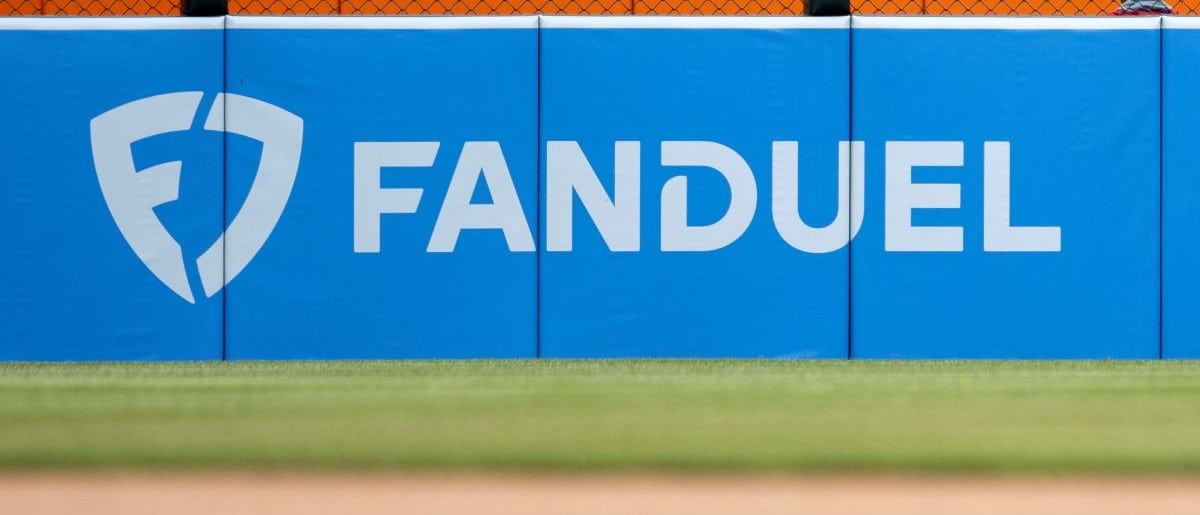
Daily fantasy sports and online poker players in Ontario will want to keep a close eye on some legal proceedings next week.
The reference made by the Government of Ontario regarding its question about permitting international play in an online provincial lottery scheme will be heard by the Court of Appeal for Ontario from Nov. 26-28.
Back in February of this year, the Government of Ontario posed the following question to the court to get a legal opinion on the matter of international liquidity as it pertains to online gaming and sports betting:
Would legal online gaming and sports betting remain lawful under the Criminal Code if its users were permitted to participate in games and betting involving individuals outside of Canada as described in the attached Schedule? If not, to what extent?
Section 207(1)(a) of the Criminal Code of Canada puts the onus on the provincial governments to operate, license, and regulate legal forms of gambling. Potentially expanding player pools to other provinces would require legal agreements between the participating provinces, and further expansion outside of Canada would be more complicated due to the relevant jurisdiction’s existing legal and regulatory regime as it pertains to online gambling.
In a Statement of Particulars to the court, the Ontario Government says “at all times, persons located in Ontario would be directly participating in the lottery scheme conducted and managed by Ontario, even if the result is based in part on the actions of people located outside Canada participating in foreign lottery schemes.”
The launch of Ontario’s regulated online gaming market in April 2022 effectively killed daily fantasy sports and online poker in the province, prompting popular DFS operators like DraftKings and FanDuel to stop offering their games to Ontario residents due to a lack of liquidity with the U.S. and other jurisdictions.
“The Alcohol and Gaming Commission of Ontario has treated DFS as a gambling product in the [Ontario] regulatory standards, so FanDuel and DK could still offer [DFS] but there is no liquidity permitted in Ontario in the new market, which DFS needs to be successful — they could only create pools with Ontario players,” Canadian Gaming Association President Paul Burns previously told USBets.
Technically, DFS operators could’ve elected to offer their products strictly to Ontario residents, but it would’ve ultimately driven down the player and prize pool sizes. It wasn’t “commercially viable for fantasy contests,” according to a FanDuel spokesperson. Prior to regulation, DFS and online poker operated in a “grey market” where Ontarians played illegally in large international pools.
The Fantasy Sports & Gaming Association, the only national organization representing the interests of 60 million fantasy sports players in the United States and Canada, asked Ontario DFS players to sign an online petition in Sept. 2022 in an attempt to get the attention of lawmakers. There are an estimated 2 million fantasy sports players in Ontario, according to the FSGA.
The petitition was forwarded to provincial government officials, prompting the province to at least explore the legal possibility of expanding player pools to other jurisdictions outside of Ontario.
In its latest market report, iGaming Ontario peer-to-peer poker accounted for just $417 million (2.2%) of total wagers and $18 million (2.4%) of gaming revenue. Online casino games accounted for 86% of total wagers and 75% of gaming revenue, while sports betting hauled in 12% of wagers and 23% of gaming revenue.
The potential resurrection of DFS and expanded online poker would surely boost gaming revenue in the province, which has now exceeded $5.3 billion since its inception in April of 2022.